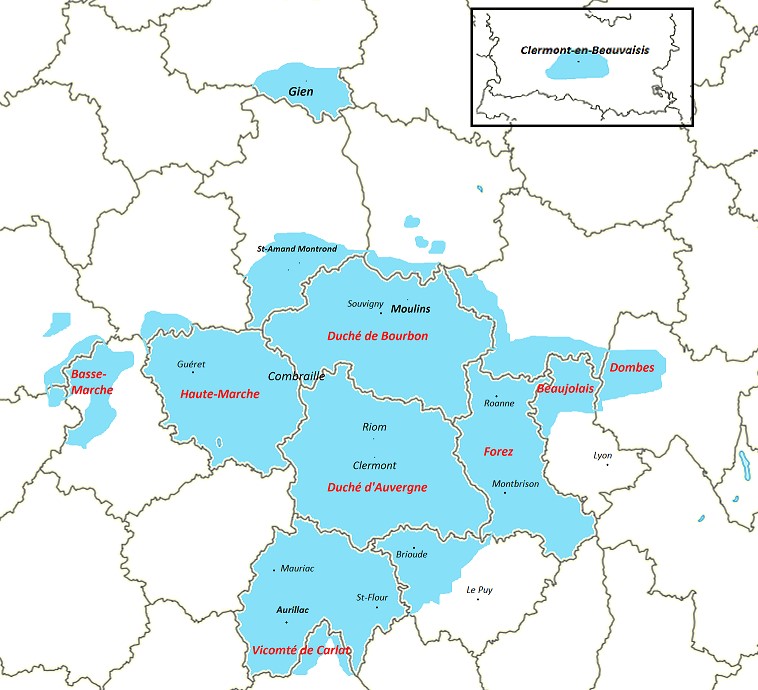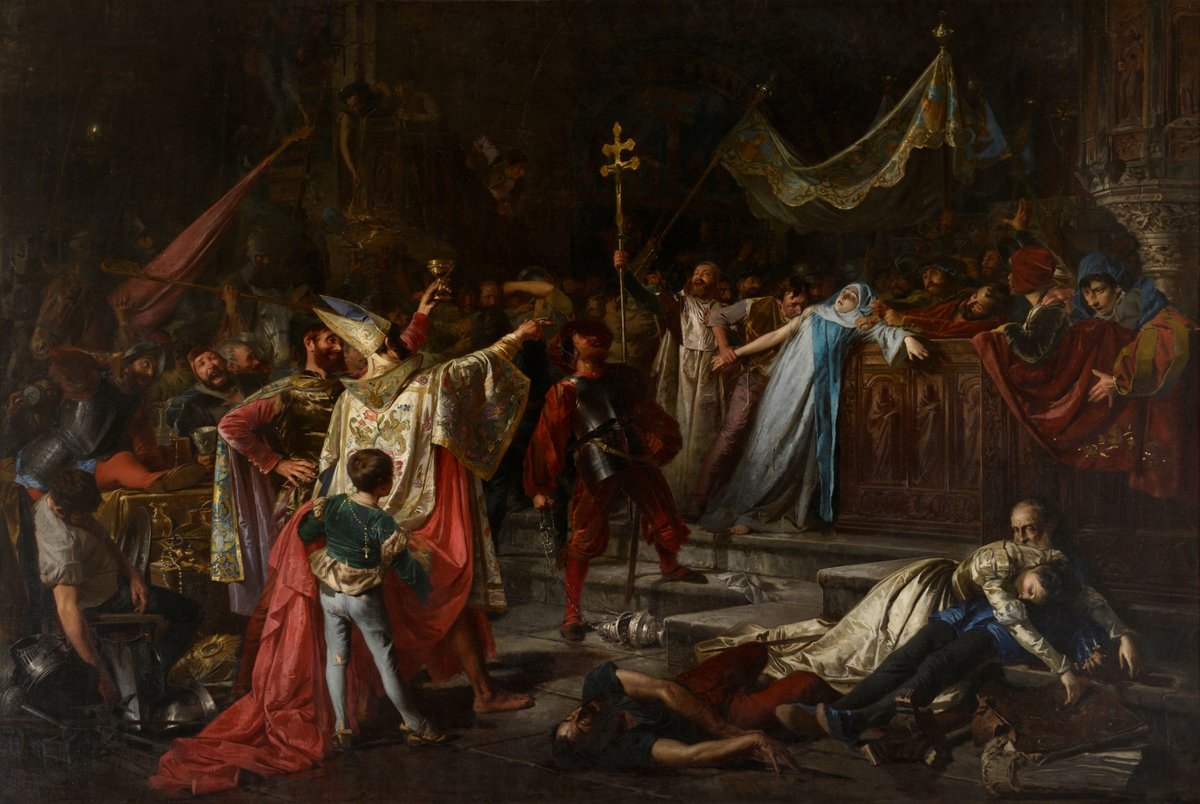
A veteran of many wars, a trusted warrior for his king, but turned into a rebel; leading a large army for his former enemies against an ancient city, killed in the first draw. The sack of the city by his troops led to a breach that would never seal.
Story in the evening ...
Story in the evening ...
https://twitter.com/Arby_K/status/1328904679669985280
Charles de Bourbon was born in 1490 to Gilbert de Bourbon, Count of Montpensier and his wife Chiara. He belonged to a cadet branch of House of Bourbon, which in itself was a cadet branch of House of Capet. A senior branch, House of Valois, ruled France at the time. 1/10 

Gilbert de Bourbon died in 1496, followed soon by his eldest son Louis in 1501. In 1505, Charles married Suzanne de Bourbon, the last of the senior Bourbon line. At 15, Charles had become one of the most powerful Dukes in France. 2/10 

After fighting with valour in the Italian Wars, Charles was appointed as the Connétable de France, the most important position in the French army. Charles would play a crucial role in the French victory in Marignano in 1515, against the Swiss Confederacy and Milan. 3/10 

The French King would reward Charles by putting him in charge of Milan, which he occupied after the victory. But in 1521, Suzanne's death would create a wedge between the two Capetians. As Suzanne died without heirs, the King's mother would claim her properties. 4/10 

The King's maternal grandmother was a younger sister of Suzanne's father. She would claim Suzanne's properties and attempt to seize it. As the property returned to the throne, Charles would leave France and sign up with Suzanne's father's elder sister's great grandson. 5/10 

At Pavia in 1525, Charles would lead the German forces of King Karl to victory and liberate Milan taking the French King prisoner. Charles would return as Governor of Milan though now ruled by the Duke of Milan, but under his protection. 6/10 

Two years later, as the Pope broke off alliance with Karl and tried to side with the French King, Charles would lead an army to Rome. The army included many German Landsknechte, who were also largely Lutheran and had issue with Rome. 7/10 

In the 1521 Diet of Worms, Martin Luther and his teachings had been declared heretic. But with popular support in places of the Empire, there was no strong action taken against it. The Landsknechte had worked earlier with Charles at Marignano and Pavia. 8/10 

As his troops laid seige to Rome, Charles was among the first to die. The sight of their leader dead, led the already angry troops plunder and loot Rome once they entered the city. The 1527 Sack of Rome by the troops of Charles would break the back of Roman Renaissance. 9/10 

The Pope, who narrowly escaped thanks to his Swiss Guard, would return to Karl's side. But the sack would lead both King Karl and the Pope to be firmly against the Lutheran and the Protestant cause, igniting a war that would last another century before it got secularized. 10/10 

• • •
Missing some Tweet in this thread? You can try to
force a refresh














